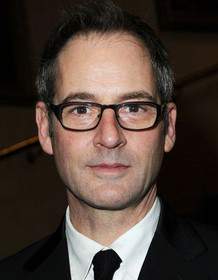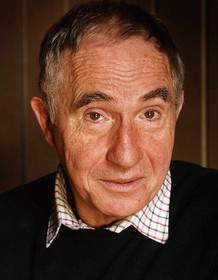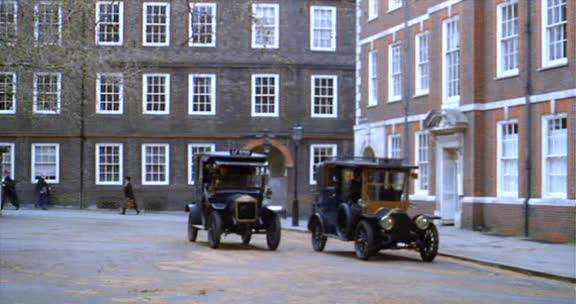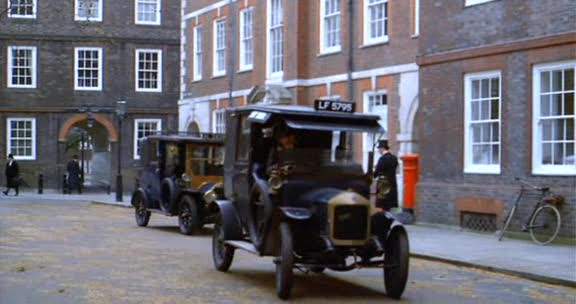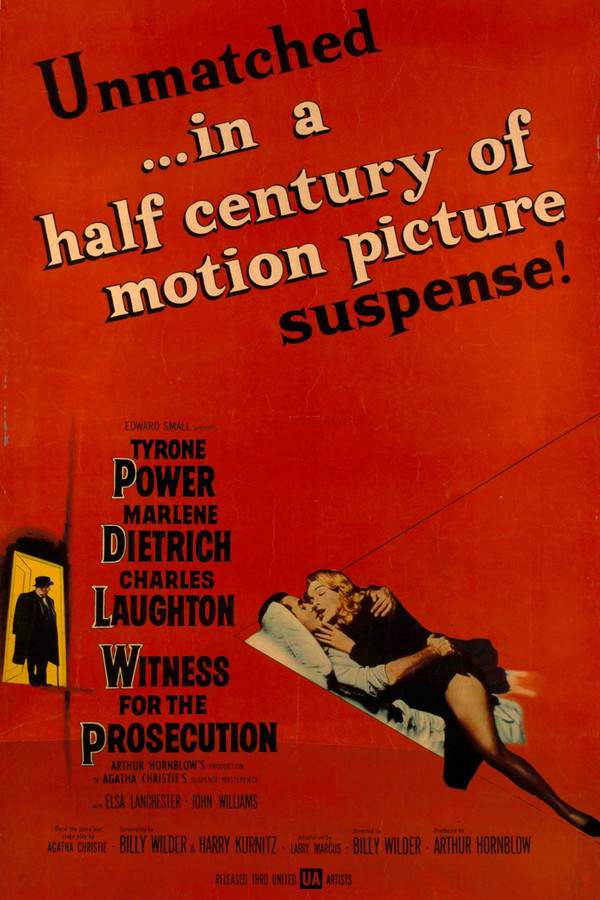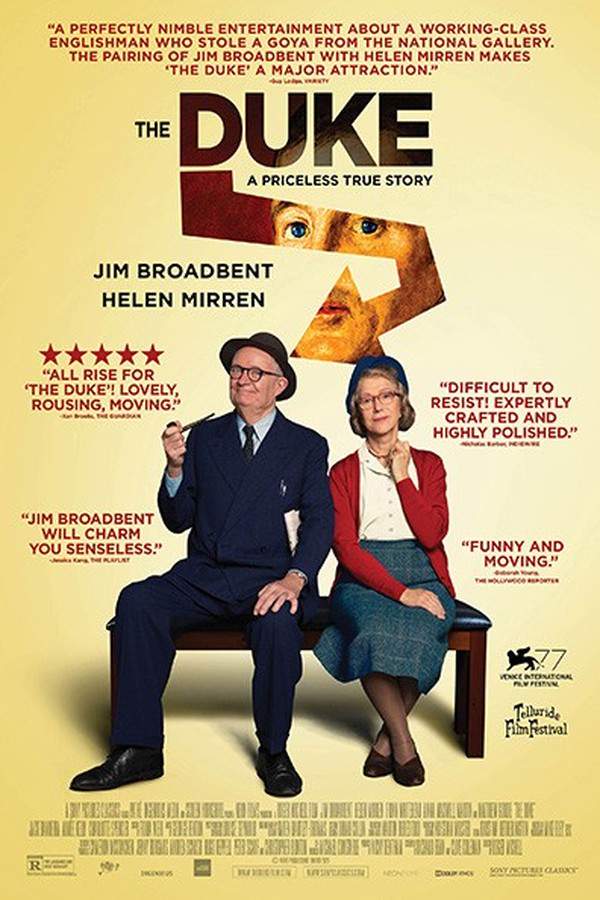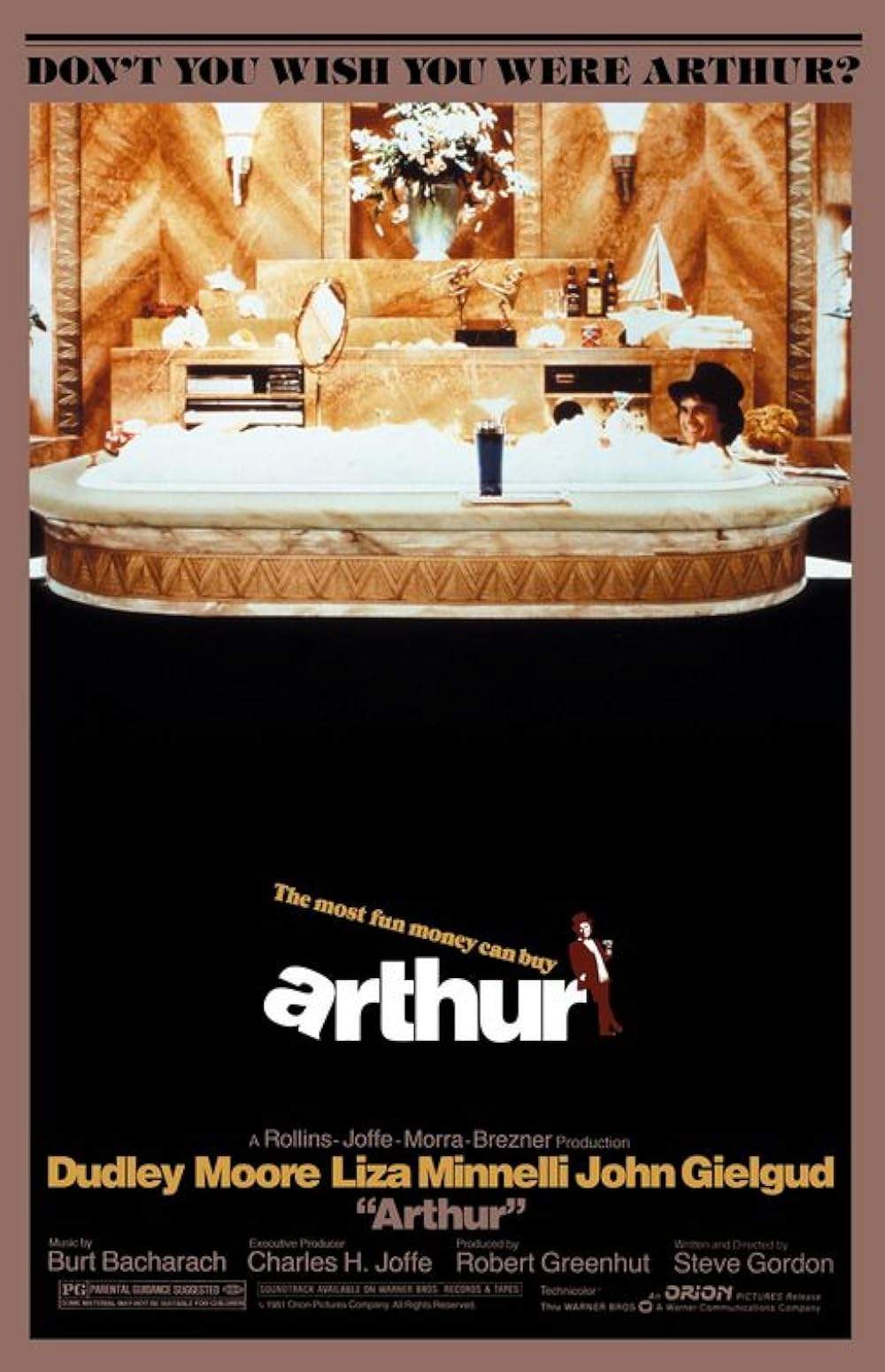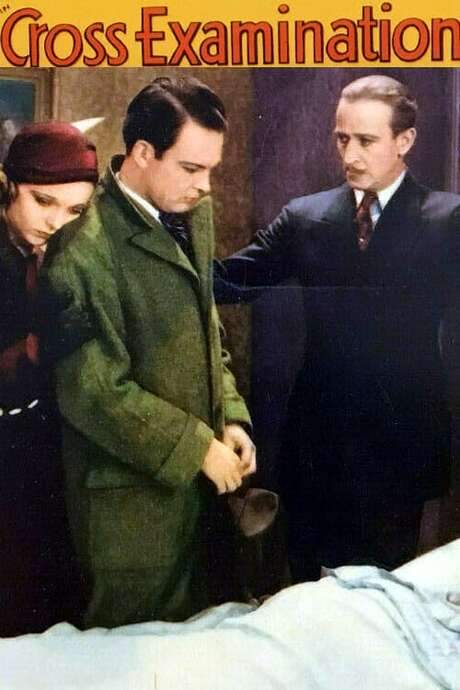The Winslow Boy 1999
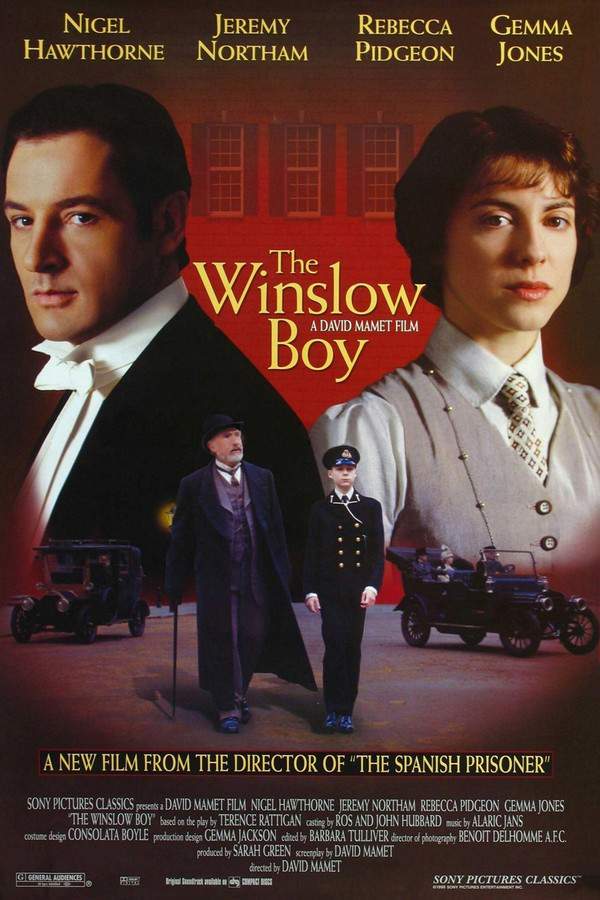
When 14-year-old Ronnie Winslow is accused of stealing, his father, Arthur, a former barrister, takes on the case to prove his son’s innocence. Despite facing significant financial hardship and social stigma, Arthur refuses to let Ronnie be wrongly convicted. The legal battle becomes a public sensation, impacting the family's reputation and straining their relationships as they fight for justice and truth.
Does The Winslow Boy have end credit scenes?
No!
The Winslow Boy does not have end credit scenes. You can leave when the credits roll.
Meet the Full Cast and Actors of The Winslow Boy
Explore the complete cast of The Winslow Boy, including both lead and supporting actors. Learn who plays each character, discover their past roles and achievements, and find out what makes this ensemble cast stand out in the world of film and television.
External Links and Streaming Options
Discover where to watch The Winslow Boy online, including streaming platforms, rental options, and official sources. Compare reviews, ratings, and in-depth movie information across sites like IMDb, TMDb, Wikipedia or Rotten Tomatoes.
Ratings and Reviews for The Winslow Boy
See how The Winslow Boy is rated across major platforms like IMDb, Metacritic, and TMDb. Compare audience scores and critic reviews to understand where The Winslow Boy stands among top-rated movies in its genre.

79
Metascore
8.1
User Score


%
TOMATOMETER

0%
User Score

67
%
User Score
Take the Ultimate The Winslow Boy Movie Quiz
Challenge your knowledge of The Winslow Boy with this fun and interactive movie quiz. Test yourself on key plot points, iconic characters, hidden details, and memorable moments to see how well you really know the film.
The Winslow Boy Quiz: Test your knowledge on the intricate details and themes of 'The Winslow Boy' from 1999.
What is Ronnie Winslow accused of stealing?
a five-shilling postal order
a ten-shilling note
a letter
a book
Show hint
Full Plot Summary and Ending Explained for The Winslow Boy
Read the complete plot summary of The Winslow Boy, including all major events, twists, and the full ending explained in detail. Explore key characters, themes, hidden meanings, and everything you need to understand the story from beginning to end.
Ronnie Winslow, a 14-year-old cadet at the Royal Naval College, faces an unjust accusation of stealing a five-shilling postal order. An internal investigation, carried out without notifying his family and devoid of any representation, concludes with a guilty verdict. As a result, his father, Arthur Winslow, is compelled to withdraw Ronnie from the college—a euphemism for expulsion. Deeply convinced of his son’s innocence, Arthur joins forces with his daughter, Catherine, a strong-willed suffragette, and their trusted family solicitor, Desmond Curry, to fight for Ronnie’s name.
The stakes are high; under English law, Admiralty decisions cannot be challenged without government consent. Traditional wisdom dictates that any effort to question these acts must go through a lengthy process involving the attorney general. However, the Winslow family is unwavering in their determination.
In a significant turn, they engage Sir Robert Morton, the foremost barrister in England at that time. Known for his keen political acumen and as a formidable opposition MP, Sir Robert initially seems a reluctant participant. Yet, to Catherine’s surprise, he quickly becomes convinced of Ronnie’s innocence after conducting an impromptu interrogation that resembles cross-examination. With his characteristic composure, he advocates for the Winslows in the House of Commons, gradually mustering the political influence needed to challenge the case.
Despite government resistance, which sees the case as a nuisance, the changing tide of public opinion, fueled by the Winslows’ efforts, forces the authorities to relent. As the trial unfolds, Sir Robert, alongside Desmond Curry, effectively dismantles the prosecution’s arguments, leading the Admiralty to retract all charges and declare Ronnie innocent.
While the legal victory restores Ronnie’s reputation, it takes a significant toll on the Winslow family. The emotional strain has severely impacted Arthur’s health and family happiness. Financial burdens also emerge as the costly suit consumes funds allocated for Ronnie’s brother, Dickie’s, education at Oxford, jeopardizing his career ambitions. Furthermore, Catherine’s marital prospects dissolve as her fiancé, John Watherstone, breaks off their engagement due to pressures from his military-minded father. A sincere yet unreciprocated proposal from Desmond emerges as an uncomfortable option for Catherine.
Notably, Sir Robert chooses to forgo an appointment as Lord Chief Justice to prioritize the case, a decision that signifies his commitment. The play concludes with an intriguing potential for romance between Catherine and Sir Robert, both of whom acknowledge their misjudgments regarding each other. The final lines encapsulate this evolving relationship:
“How little you know women, Sir Robert.”
“How little you know men, Miss Winslow.”
Uncover the Details: Timeline, Characters, Themes, and Beyond!

Coming soon on iOS and Android
The Plot Explained Mobile App
From blockbusters to hidden gems — dive into movie stories anytime, anywhere. Save your favorites, discover plots faster, and never miss a twist again.
Sign up to be the first to know when we launch. Your email stays private — always.
Watch Trailers, Clips & Behind-the-Scenes for The Winslow Boy
Watch official trailers, exclusive clips, cast interviews, and behind-the-scenes footage from The Winslow Boy. Dive deeper into the making of the film, its standout moments, and key production insights.
Cars Featured in The Winslow Boy
Explore all cars featured in The Winslow Boy, including their makes, models, scenes they appear in, and their significance to the plot. A must-read for car enthusiasts and movie buffs alike.
The Winslow Boy Themes and Keywords
Discover the central themes, ideas, and keywords that define the movie’s story, tone, and message. Analyze the film’s deeper meanings, genre influences, and recurring concepts.
The Winslow Boy Other Names and Titles
Explore the various alternative titles, translations, and other names used for The Winslow Boy across different regions and languages. Understand how the film is marketed and recognized worldwide.
Similar Movies To The Winslow Boy You Should Know About
Browse a curated list of movies similar in genre, tone, characters, or story structure. Discover new titles like the one you're watching, perfect for fans of related plots, vibes, or cinematic styles.
Quick Links: Summary, Cast, Ratings, More

What's After the Movie?
Not sure whether to stay after the credits? Find out!
Explore Our Movie Platform
New Movie Releases (2025)
Famous Movie Actors
Top Film Production Studios
Movie Plot Summaries & Endings
Major Movie Awards & Winners
Best Concert Films & Music Documentaries
Movie Collections and Curated Lists
© 2025 What's After the Movie. All rights reserved.




